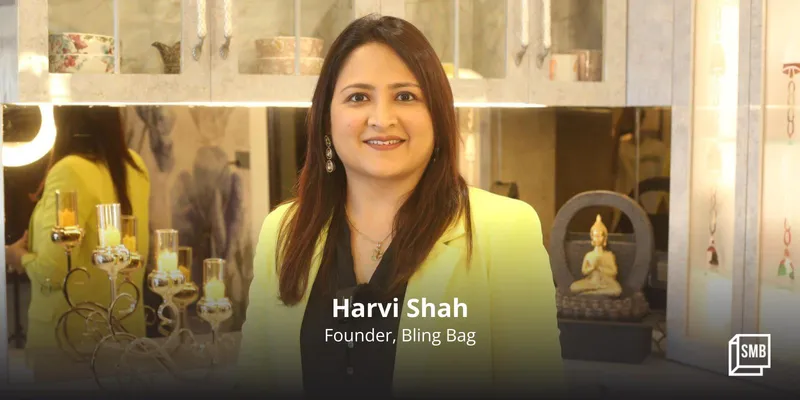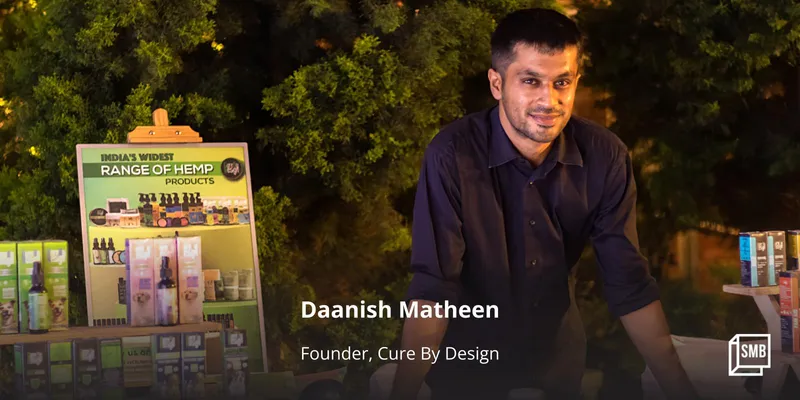How Zoozle tackles ecommerce profitability challenge, other top stories of the week
This week, SMBStory covered Zoozle, a reseller-driven ecommerce venture bringing a wide customer base to MSMEs, and other SMB stories.
In the competitive world of ecommerce, many domestic ecommerce players have struggled to achieve profitability. Entrepreneur and angel investor Rajesh Dembla aims to address this profitability challenge through his latest venture, .
Having previously invested in successful brands like , , and , Dembla has entered the ecommerce industry with a reseller-driven platform that focuses on maintaining lean, efficient, and organised processes. One notable aspect of the platform is the elimination of the cash-on-delivery option, which is considered a financial risk for sellers.
Since its inception in April this year, Zoozle has built a network of more than 14,000 resellers and facilitated over 1,000 transactions. The company’s goal is to have a network of two million resellers by the end of 2024.
It currently caters to 37 cities across India, including Tier I and II towns, and deals with product categories such as sarees, dress materials, home decor, lifestyle, home furnishing, jewellery, and car accessories.
Bling Bag

Harvi Shah launched with an initial investment of Rs 1 lakh from her personal savings. The company faced a significant roadblock in 2019 when its subscription model—where customers received personalised jewellery bags—did not see the expected growth.
“We decided to let go of that model and shift completely to a traditional ecommerce approach, where we would list the products on our website that customers could directly buy,” says Shah.
Just as Bling Bag started gaining momentum—it made a revenue of Rs 1.3 crore in FY20—the COVID-19 pandemic struck. For several months, the company did not receive any orders.
During this difficult time, she began business coaching, aiming to guide and support women in starting their own ventures. This also served as a source of a second income to keep the jewellery business running. The paid community has grown from eight to 3,500 members in two and a half years.
Currently, the brand has over 2,000 SKUs across various categories of jewellery. The company offers an expanded range of over 1,000 designs and 50 unique colour shades in earrings and necklaces.
Cure By Design

Recognising the increasing market demand for hemp, Daanish Matheen took a leap of faith and invested Rs 10 lakh to start his own venture. He established the Bengaluru-based hemp company, , in 2020. Initially, the company introduced a lineup of 18 SKUs, including hemp masks, hemp sanitisers, whole hemp seeds, and hemp seed oil for pets. The initial response was good and the hemp masks got sold out quickly.
At present, Cure By Design offers five categories of products—hemp seeds and nutrition, personal care, pet care, aromatherapy, and hemp leaf products for medicinal use. From 18 SKUs in 2020, it has now expanded its portfolio to 94 SKUs. All its products have Ayush Standard Mark and are FSSAI-certified.
To validate the effectiveness, the company donated several samples to a pet care centre in Whitefield, Bengaluru. “The positive results observed in these abandoned and stressed dogs served as strong evidence of the effectiveness of our pet care products,” the founder asserts.
Another customer, Vishwas, says the products helped his mother, who was diagnosed with lung cancer, experience relief during chemotherapy. The products were recommended by Dr Sayed Tahir Hassan, a medical cannabis expert.
Cure By Design has partnered with 44 veterinary hospitals and clinics, as well as 18 general hospitals in Bengaluru, Mumbai, Chennai, Delhi, and Ahmedabad. To date, the company has fulfilled approximately 10,000 direct orders online. It aims to forge partnerships with more Ayurvedic doctors and stores, further expanding its network.
Edited by Suman Singh







